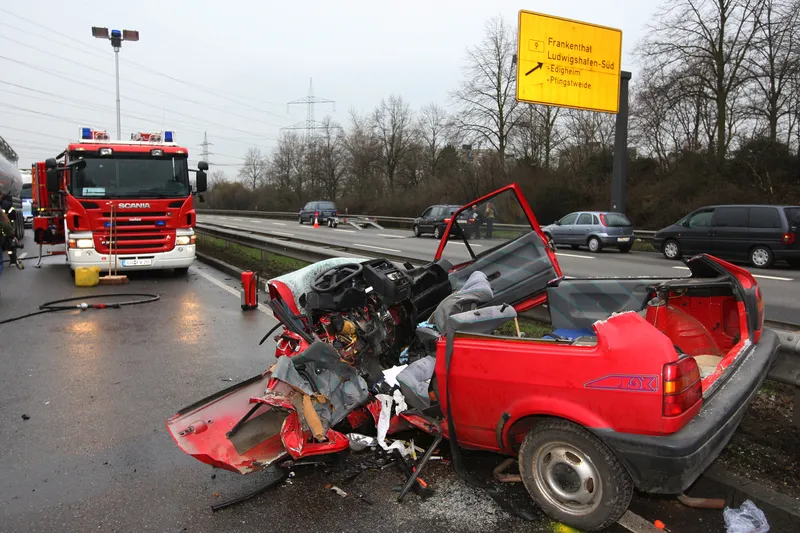Norway is proposing to spend US$923 million and build ten dual-lane bicycle pathways that would link the country's nine largest cities and extend to their suburbs, allowing longer-distance cyclists to travel with a speed and safety hitherto impossible.
The effort is part of the country's National Transit Plan, which seeks to reduce emissions from vehicular traffic. Challenges, however, include dark winters, steep mountains and the small number of Norwegians who use cycles.
According to CityLab, the ef
March 8, 2016
Read time: 2 mins
Norway is proposing to spend US$923 million and build ten dual-lane bicycle pathways that would link the country's nine largest cities and extend to their suburbs, allowing longer-distance cyclists to travel with a speed and safety hitherto impossible.
The effort is part of the country's National Transit Plan, which seeks to reduce emissions from vehicular traffic. Challenges, however, include dark winters, steep mountains and the small number of Norwegians who use cycles.
According to CityLab, the effort is just one of several measures proposed in the country’s National Transit Plan to cut transit emissions by half.
By 2030, the government is aiming to have zero car use, 75 per cent of the country’s buses and 50 percent of its trucks must be low-emission, while 40 per cent of its short-distance ships and ferries must be either low emission or use biofuels. In addition, rail and road infrastructure will be repaired nationwide, including an improved, expanded coastal highway with bridges to replace ferry crossings. For roads repairs alone, the government estimates that $4.15 billion will be required, while railway upgrades will cost $2.08 billion.
The effort is part of the country's National Transit Plan, which seeks to reduce emissions from vehicular traffic. Challenges, however, include dark winters, steep mountains and the small number of Norwegians who use cycles.
According to CityLab, the effort is just one of several measures proposed in the country’s National Transit Plan to cut transit emissions by half.
By 2030, the government is aiming to have zero car use, 75 per cent of the country’s buses and 50 percent of its trucks must be low-emission, while 40 per cent of its short-distance ships and ferries must be either low emission or use biofuels. In addition, rail and road infrastructure will be repaired nationwide, including an improved, expanded coastal highway with bridges to replace ferry crossings. For roads repairs alone, the government estimates that $4.15 billion will be required, while railway upgrades will cost $2.08 billion.








